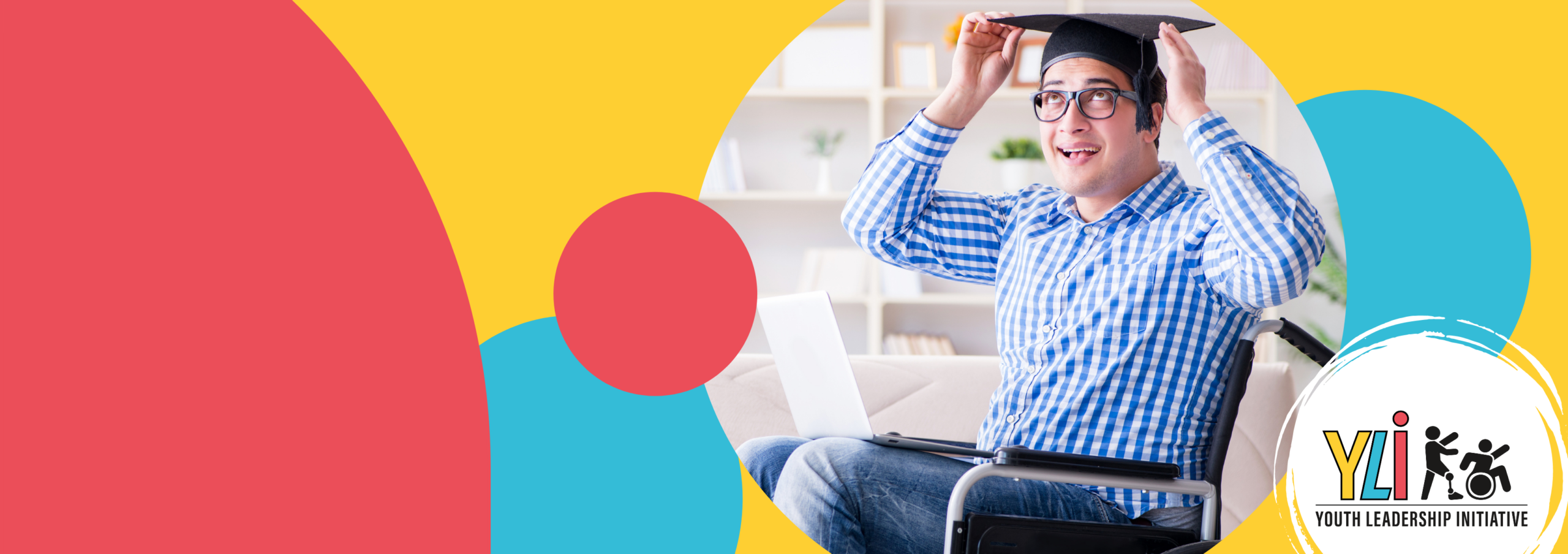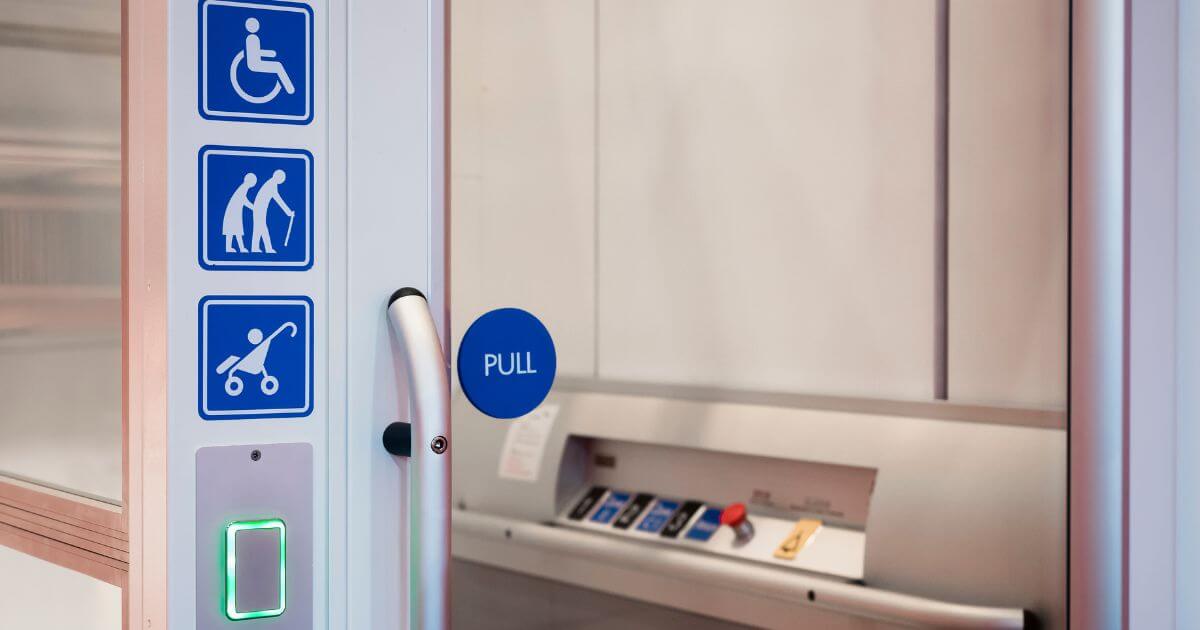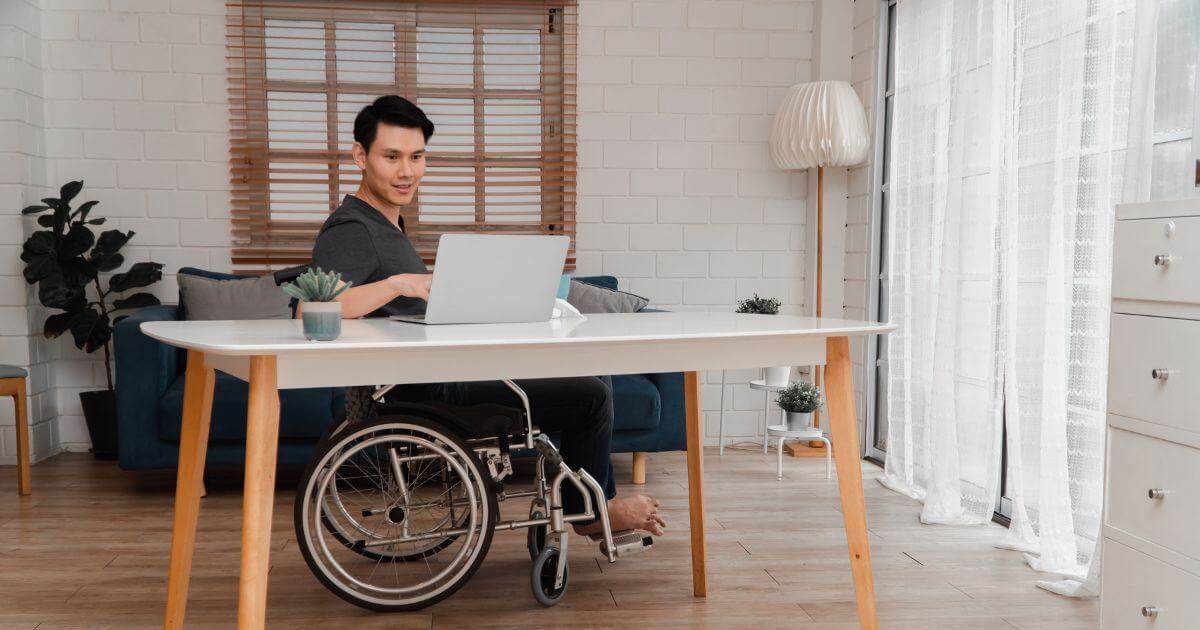
Improving Workplace Accessibility
Workplace accommodation describes a situation where changes are made at work to help someone with a disability do their job well. These changes could include things like using special tools or working hours that suit them. The idea is to make sure everyone can work fairly and comfortably, regardless of disability.
Based on the Youth Leadership Initiative study results, a lack of workplace accommodation is one of the main employment barriers for youth with disabilities.
The Role of Employer Understanding
Arranging for needed accommodations is affected by the employer’s understanding of disability. YLI focus group participants indicated that employers would help if they understood their employee’s needs. But when bosses don’t understand what’s required, asking for necessary accommodations becomes harder and less likely to be offered. Study participants described worrying about what coworkers might think if they get accommodation, taking longer or more frequent breaks for example. Most people prefer to keep disability details private but also want to build strong relationships with colleagues.
Building Trust and Effective Communication
Disclosing a disability and asking for accommodation come together. Both need mutual trust, talking openly, and understanding each other empathetically.
YLI Advisory Committee members encouraged young adults with disabilities to explain their condition and any limitations coming from their disability. This can be tough for young workers with disabilities. YLI advisors also suggest learning about the type of accommodation(s) a person needs and consulting medical practitioners beforehand. Starting the discussion with additional information in hand can make discussing accommodation needs more comfortable and effective.
Building a rapport with employers also helps build mutual trust. Although there is a human rights obligation around accommodation, there is also an empathetic approach young employees can take. When requesting accommodation, young adults can take the opportunity to educate and break down biases.

Encouraging Inclusive Dialogue
To encourage dialogue around accommodation and accessibility, employers can demonstrate inclusivity by embracing the uniqueness of each person and empowering individuals with disabilities to lead the conversation and control their own narrative.
Debunking Myths about Accommodations
There are misconceptions about accommodations being costly to provide. In fact, many accommodations are low-cost or even free. Providing accommodation not only makes employees healthier, but also helps them work better, and saves the costs of losing an employee and hiring a replacement. Ultimately, making workplaces more inclusive and barrier-free is possible with universal design, and it’s a concept we encourage organizations to investigate.
This toolkit is a constant work in progress; we’ll always be adding and updating resources as new information is found and as we expand our database. Please enjoy what we have so far and stay tuned for more updates coming soon!
Are you curious about how universal design helps foster workplace accessibility?
Also known as inclusive or barrier-free design, universal design allows people, regardless of their age, size, and ability, to understand, access, and use the product, service, and environment to the greatest extent possible. Learning the principle helps equip us to understand and create a truly inclusive society where everyone can enjoy and participate.
Youth
- Programs Assisting People with Disabilities to Acquire Assistive Technology
- What is the Duty to Accommodate? (CUPE)
Employers
Are you looking for ways to create a more accessible work environment in your organization?

Submit Your Feedback
This toolkit is a collective effort between the YLI team and you.
We invite you to explore the YLI Toolkit, use it, and let us know your thought by submitting your suggestions or feedback. We appreciate your continued support!
Resources on the YLI Toolkit webpages, including, but not limited to, the text, graphics, images, links, and other materials are intended for informational and educational purposes only. The content is not intended to be a substitute for professional or medical advice, diagnosis, or treatment, and does not constitute medical or other professional advice. The Disability Foundation and Affiliates do not recommend or endorse any specific tests, physicians, products, procedures, opinions, or other information that may be mentioned on the linked websites. Reliance on any information provided herein is solely at your own risk. The information provided on YLI Toolkit webpages are designed to support, not replace, the relationship that exists between you and your care team. Never disregard professional medical advice or delay in seeking medical attention because of something you read or see on YLI Toolkit webpages.
The YLI Toolkit does not offer specific medical advice. If you are experiencing a medical emergency, call emergency personnel (911) to receive medical attention.




